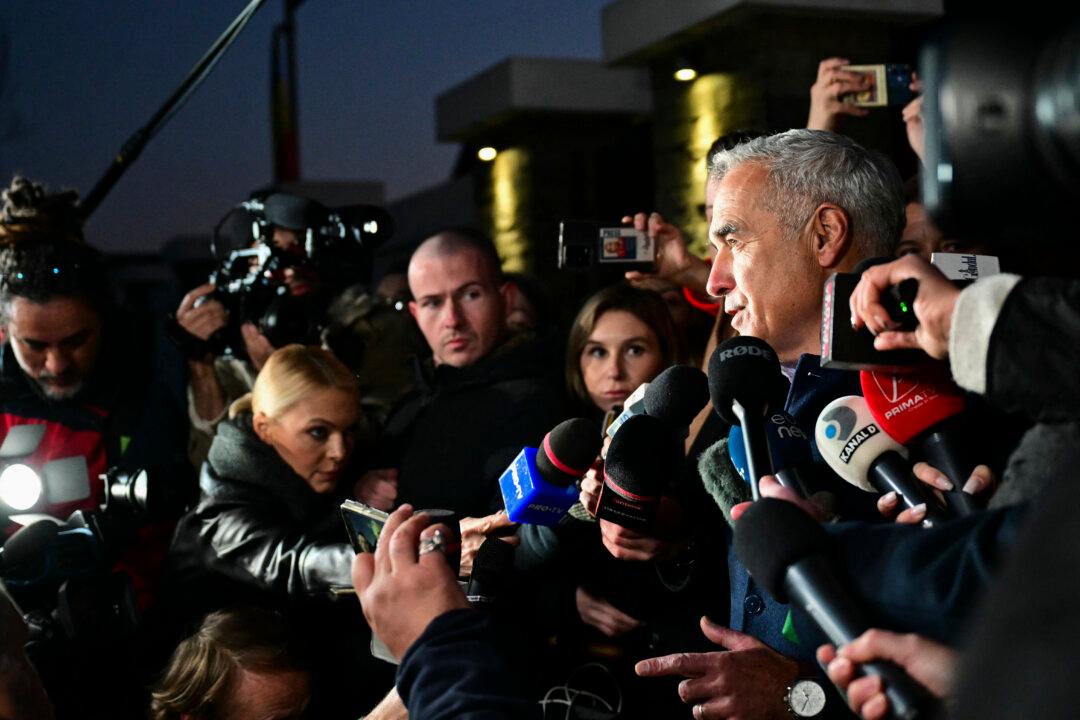News Analysis
The European Court of Human Rights (ECHR) on Tuesday rejected an appeal to overturn a Romanian court’s recent decision to annul a presidential election in which a political outsider had emerged as the frontrunner. In its ruling, the ECHR said the appeal, filed by presidential candidate Calin Georgescu, fell outside its jurisdiction.





